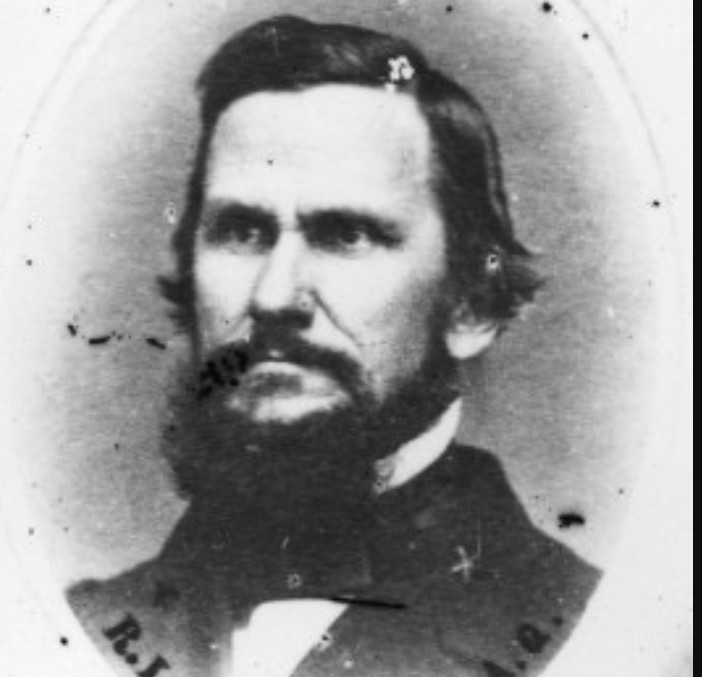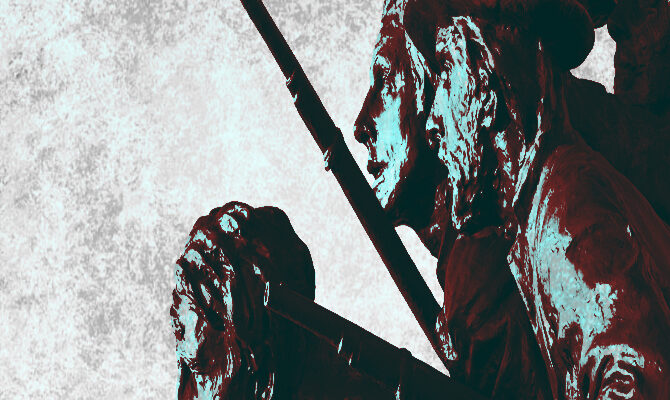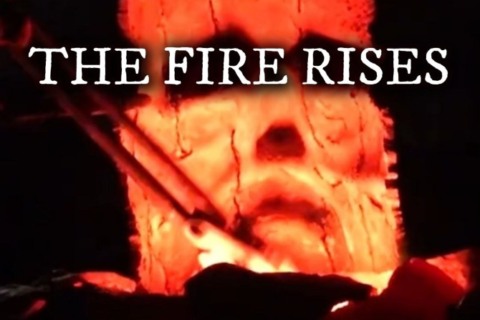One of my favorite poems, to which I’ve written about before, are the words penned by Rudyard Kipling in his famous poem “The Beginnings.” Most of y’all will know it by its more recent iteration, “The Wrath of the Awakened Saxon.” If you have not enjoyed it, I encourage you to do so before continuing. You will not be disappointed. The intensity Kipling captures always causes cold chills to run down my spine, as I immerse myself in his ever crescendoing verse.
A people can only take so much before they act in their own self-defense. Kipling knew this firsthand, as an experienced British soldier. Our ancestors knew that same icy coldness, as they watched their homeland invaded, and were forced reluctantly to awaken. And when they did, they let out such a terrifying sound during battle that it became a battlefield force multiplier. So much so, that even though they were greatly outnumbered, such a furious yell caused many inexperienced Yankee soldiers to flee in terror.
We are at that time, when we must be furious in defiance to tyrants and in defense of our Southern nation. There is a deliberate and unrelenting attack on our people, and the purpose is not just to destroy the remnants of the old Confederacy. No, I believe it is to wipe out any remembrance of the Southern people, past, present, and most definitely the future. This is all out genocide, and tragically our own people are not just acquiescing passively, but actively supporting it. However, thankfully, not as many as our enemy had hoped. We see this in the cultural backlashes that have put our enemies on their heels, and we must push back now even harder.
I’ve tried to capture the intensity, that which we must embrace going forward, inspired by Kipling’s words. As you read my words, start slow and deliberate in the first four verses, and then rush to crescendo in the remaining two.
Rebel Yell
Tragedy, long since passed,
Defeat, known too well.
What would stir these genteel souls?
So, Rebels began to yell.
Long, laid to rest,
Hospitable, never to fail.
Patience can only take so much,
So, Rebels began to yell.
Violence, one lowered flag,
Tributes, soldiers that fell.
Statues destroyed to please the mob,
So, Rebels began to yell.
Dixie, do not blame,
Southrons, rang no bell.
Those Devils disturbed our fathers’ graves,
So, Rebels began to yell.
Now, the battle joined,
Rage, oh must swell.
As the spirits of Southern furies fly,
And Dixie’s enemies be sent to hell!
Forever throughout eternity,
Whenever men tell tales,
Never from heaven was such a sound,
As when Rebels began to yell!
Deo Vindice!
God save the South!

Service to God and honor to the South.






I like it. Carry on, sir.
Darn good writing. Oh Rah!, and Semper Fi!.
Kipling was no doubt a great writer, but his vehement hatred for Germans was outside the bounds of reason and certainly was not reciprocated. Perhaps it was fueled by the missing in action status of his beloved son in the Great War? In any case, I prefer ‘The Gods of the Copybook Headings’.
Thanks for your poetry contributions. The Confederacy produced many first-rate poets that would blow away the pantheon of revered Yankee poets in most ‘literature’ anthologies.
Thank you all for the kind words.